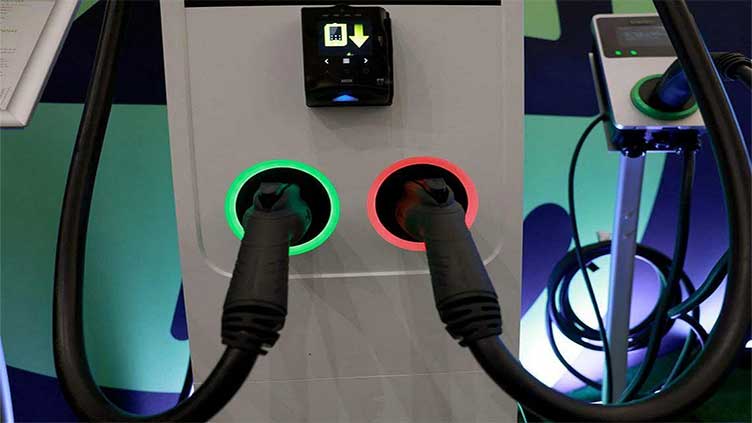German automakers- Mercedes-Benz and Volkswagen have urged the government to do more scale-up of the EV charging stations across the country. Mercedes-Benz Chief Executive Ola Kallenius was quoted saying by the paper, “To speed up the change (to electric vehicles), we need to be sure that the charging station infrastructure is being built up. That’s also a question for politics.”

VW Chief Executive Oliver Blume agreed more speed was needed and that the construction of charging stations was “a common task of the economy, the federal government, and communes”. The German government last October approved a plan to spend 6.3 billion euros ($6.74 billion) to rapidly scale up the number of charging stations across the country, as part of its push towards net zero emissions. The plan included speeding up state approvals to build charging points.
Industry associations, which have long complained the government has not kept pace with the rapid expansion of electric vehicles, said the implementation of the proposals was key. “The future of the car is electric,” Kallenius was quoted as saying. “By the end of this decade, we want to be ready to completely transition to electric cars in our market segment, wherever the market conditions allow it,” he said. “It’s not a foregone conclusion, rather it will require a gigantic industrial conversion.”
German EV market
Three weeks ago German released a master plan for EV charging infrastructure. It was approved by the cabinet. With 68 measures, the Ministry of Transport wants to accelerate the expansion of the charging network and, this time aims to incentivize private enterprise.
The second issue of the Master Plan Charging Infrastructure has now been published in English. Led by Germany’s Federal Minister for Digital and Transport, Volker Wissing (FDP), and approved by the German cabinet (led by the coalition of the liberals, Greens, and social democrats), the German government wants to support the electric car market ramp-up. Wissing describes the master plan as a “roadmap for ensuring that Germany has a nationwide, needs-based and user-friendly charging infrastructure for electromobility”. With the specifications made in it, the Minister of Transport wants, in short, to accelerate the expansion, avoid gaps in supply and – as the intersection of the ministry with the departments of Digital Affairs and Transport suggests – improve the digitalization of charging infrastructure.
Germany faces a set of unique circumstances. The central European country boasts over one million electric cars on German roads. As the world’s largest manufacturer of luxury cars, Germany is also home to the world’s largest automakers, with a clear imperative to show the rest of the world just how the transition to electric vehicles can be enabled.











